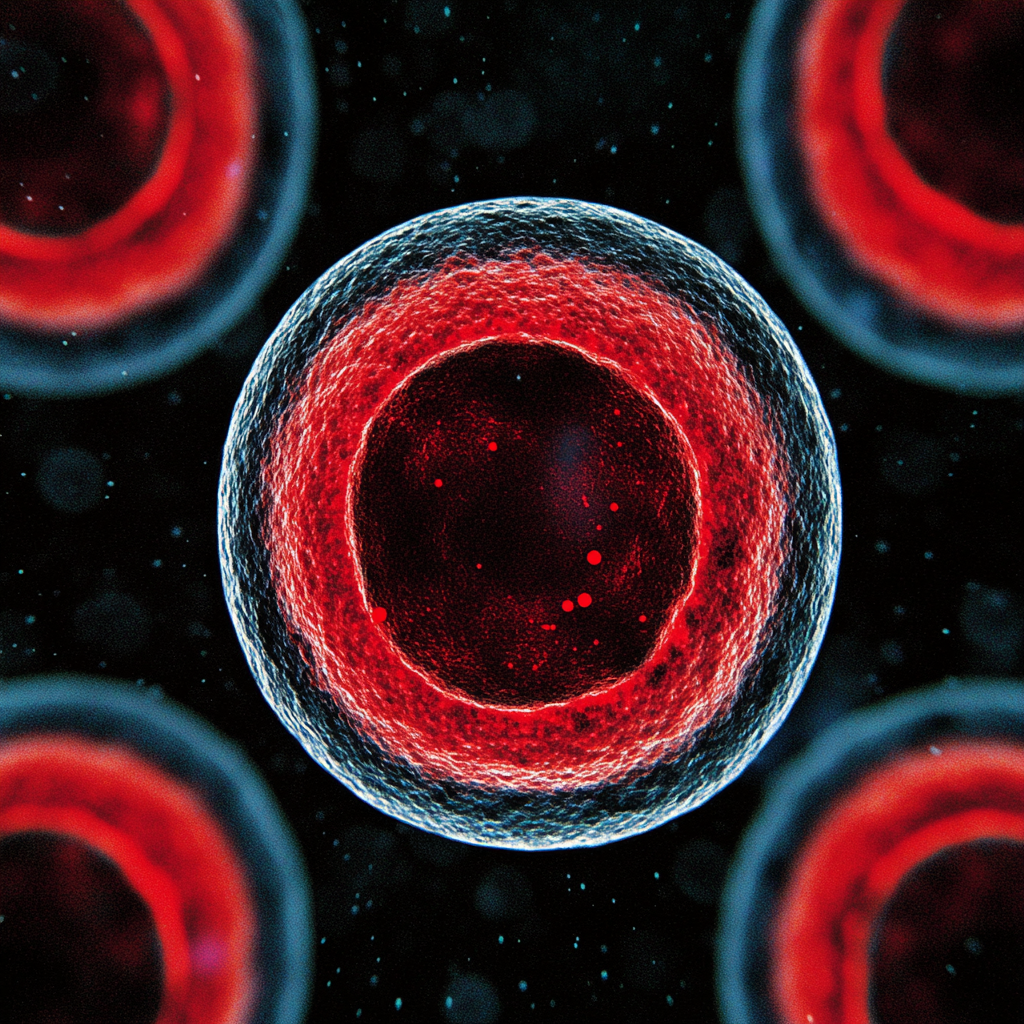Integr Cancer Ther. 2025 Jan-Dec;24:15347354251388913. doi: 10.1177/15347354251388913. Epub 2025 Oct 27.
ABSTRACT
BACKGROUND: Colorectal cancer (CRC) imposes a heavy disease burden. Besides physical morbidity, some patients might still experience long-term psychological distress. Our previous study demonstrated that physical symptoms and psychological distress of CRC improved following traditional Chinese medicine (TCM) combined online group psychotherapy. However, the multidimensional nature of these experiences warrants deeper exploration of patients’ lived perspectives.
METHODS: We designed a single-arm phase I clinical trial, in which 40 CRC patients (aged between 18 and 75) who have received radical surgery (stage I-III) were recruited. This 6-week intervention of TCM combined online group psychotherapy included 90 minutes’ communication on various topics for each week. The video of each online group psychotherapy session was saved, and the 38 patient’s’ speech was analyzed by thematic analysis in the qualitative study.
RESULTS: We identified 4 themes and 13 subthemes. The patients mainly displayed foundational outlook transformation and tangible lifestyle reformation. The physical symptoms and psychological symptoms also had a certain degree of relief. In addition, patients also showed an increased demand for medical advice and health care information, which indicates that they were more concerned about their health condition, and the needs of patients were responded to in treatment, resulting in corresponding benefits.
CONCLUSION: During TCM combined online group psychotherapy interventions-including education, skill-building, TCM lifestyle coaching, and peer-exchange platforms-patients developed sustained self-health management practices, improving psychological resilience and physical symptoms. This holistic, tailored and culturally sensitive approach fostered long-term recovery and independence of CRC survivors.
PMID:41140195 | DOI:10.1177/15347354251388913
